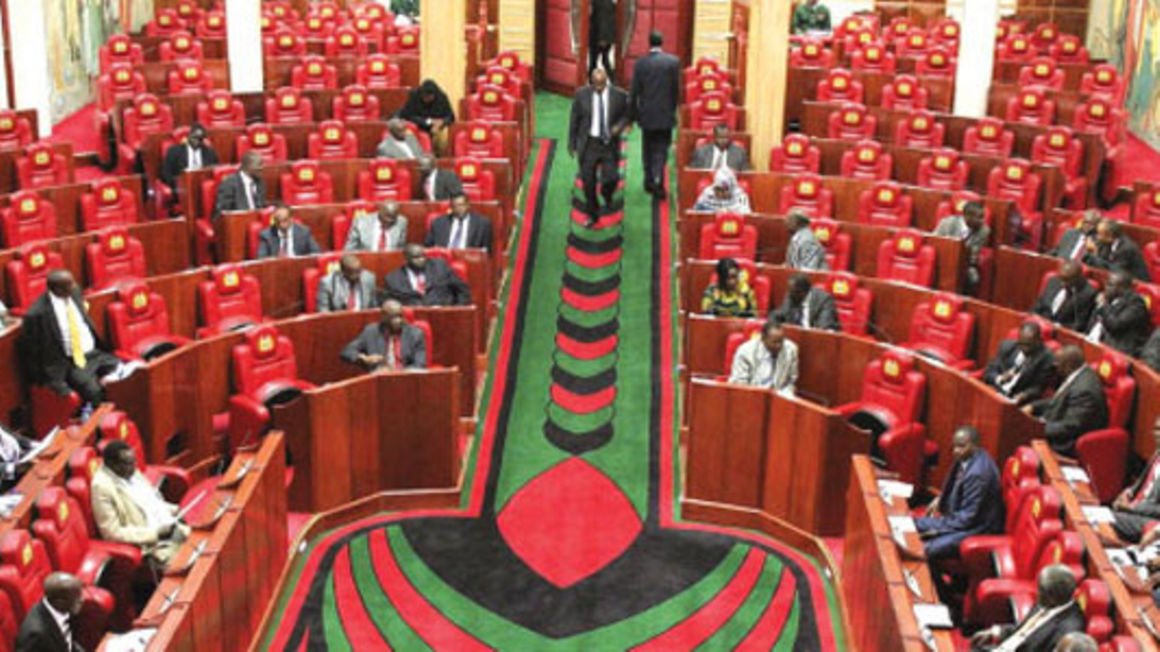MPs during a session at Parliament chambers. PHOTO | FILE The proposed law giving Central Bank of Kenya (CBK) powers to control interest rates of digital lenders is welcome given the growing popularity of these micro loans.
The parliamentary committee on Finance and National Planning approved the Central Bank Amendment Bill 2021 and added a clause that gives the CBK powers to price interest rates for digital loans.
The proposed law will also see the regulator control their products, management, and sharing of borrower information.
Providing parameters for digital credit providers to set the cost of credit is crucial given the steep digital lending rates that have plunged many borrowers into debt traps.
Unregulated micro-lenders have saddled borrowers with high interest rates, which rise up to 520 percent when annualised.
Regulating the parameters for pricing these loans will therefore be a win for both the digital lenders and borrowers in order to achieve sustainable financing. Digital lenders stand to make better models for lending and also rein in inefficiencies to ensure they can bring down rates to levels that lower defaults.
NHIF Building in Upper Hill, Nairobi. FILE PHOTO | NMG Kenyans without proof of National Hospital Insurance Fund (NHIF) membership will be locked out of government services under proposed rules that seek compulsory enrolment of every adult in the State-run medical scheme.
The NHIF says membership to the fund will be ranked equally with other State documents such as Kenya Revenue Authority (KRA) Personal Identification Numbers (PINs) when in search of government services.
This means that non-NHIF members will be barred from making critical transactions such as registration of land titles, approval of development plans, transfer and licensing of motor vehicles, and registration of business names and companies.
If accepted, those without active NHIF membership would also be cut from services such as underwriting of insurance policies, customs clearing, and forwarding, payment of deposits for power connections, supplying goods and services to the State, as well as opening accounts with financial institutions.
The government-backed National Hospital Insurance Fund (Amendment) Bill seeks to make it compulsory for every Kenyan above 18 years to contribute and be a member of the NHIF. They will be required to pay Sh500 monthly in a remodelled universal health coverage (UHC) scheme for outpatient and inpatient services, including maternity, dialysis, cancer treatment and surgery.
“We are looking at tying the active membership of NHIF to other services just like KRA PIN is for […]
